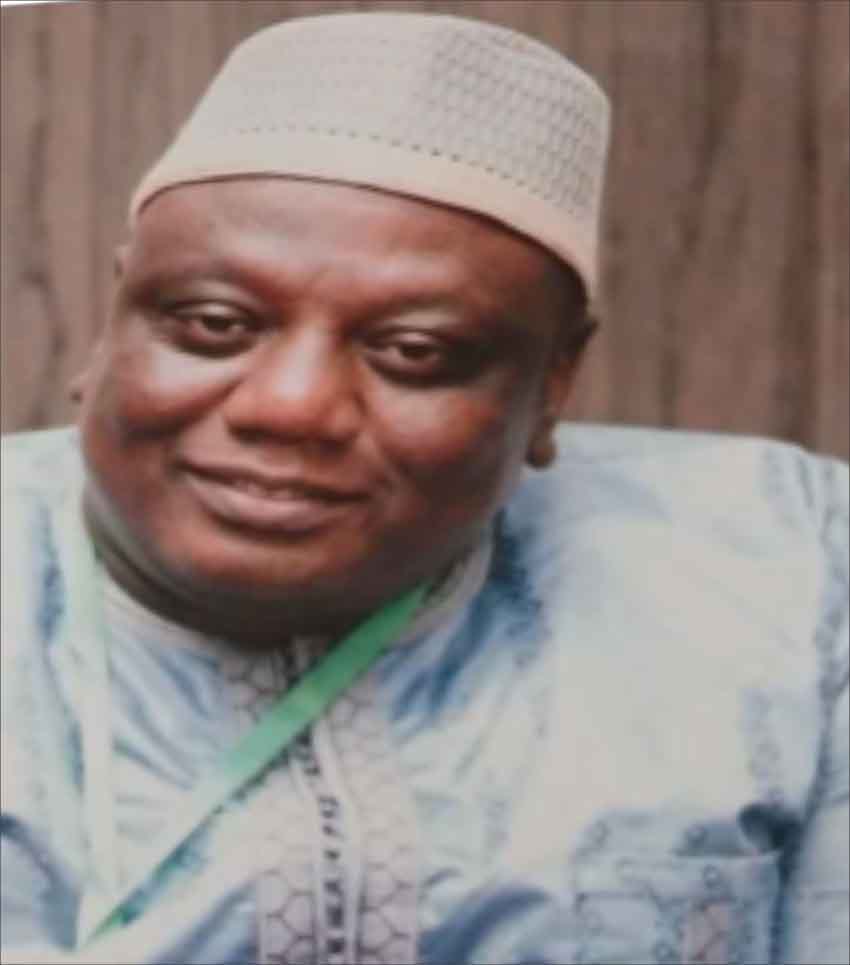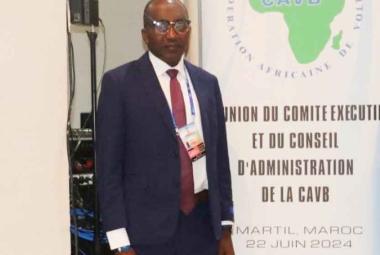By Sarjo M Cammara
The Deputy Permanent Secretary at the Ministry of Gender Children and Social Welfare, Mr. Kajali Sonko recently participated in the ninth Specialised Technical Committee (STC) on Gender Equality and Empowerment of Women (GEWE), held from the 29th October to the 7th November 2024 in Addis Ababa Ethiopia Addressing the occasion as third Vice Chairperson of the STC, Mr. Sonko expressed heartfelt gratitude to all partners for their unvarying support to the cause girls and women and support in organising this year’s analytical review.
He extended sincere appreciation to the Government and people of Ethiopia, for their warm hospitality. He noted that the vision, declaration, and platform for action adopted nearly three decades ago marked a transformative moment in our global commitment on advancing women’s rights. “While this platform laid a framework for policies and initiatives that have inspired progress, we must acknowledge that the journey is far from complete; let us take a look at the achievements that we have managed to reach since 1995,” he stated.
It is recognised that Africa has made remarkable progress in towards gender parity in education and on reducing maternal mortality and fertility rates. Member states have also made significant efforts to implement the women’s peace and security agenda by adopting national action plans based on the UN Security Council Resolution 1325 and seamlessly integrating the agenda into their policies and strategies.Member states have also largely adopted the Protocol to the African Charter on Human and People’s Rights, on the Rights of Women in Africa, Maputo Protocol.
Almost all member states have set up gender focal persons in government ministries, departments, and agencies to institutionalise national gender mainstreaming frameworks. However, despite all these achievements, persisting barriers and emerging challenges largely exist on our continent and pose significant risk to sustainable, inclusive development. Economically, one out of 10 women in Africa continue to live in extreme poverty. Mr Sonko noted that although significant milestones have been achieved, they are still not at par with their male counterparts. “African women spend 75% of their time on unpaid work, relative to 25% for men. Social challenges like gender-based violence, marginal advances in women representation and participation in public and political spheres, obstacles to gender equality continue to loom large. Moreover, multiple crises: the pandemic, conflicts, climate change, and debt crises, coupled with emerging issues in digital space, such as gender digital divide, and gender-based bias in AI models, further exacerbate these challenges, exposing vulnerabilities on women and girls in Africa,” the DPS posited.




